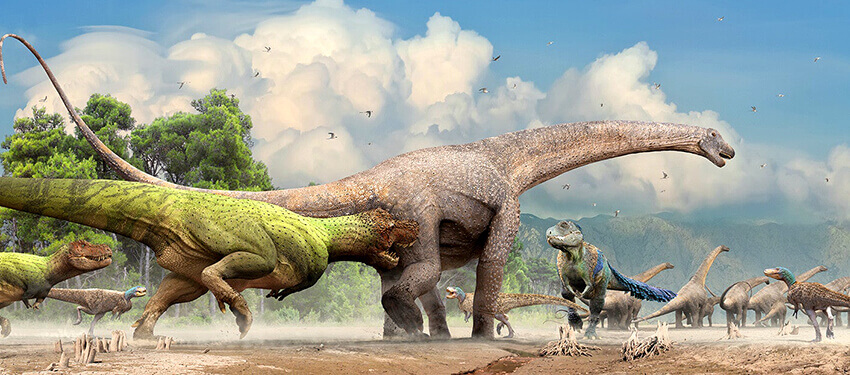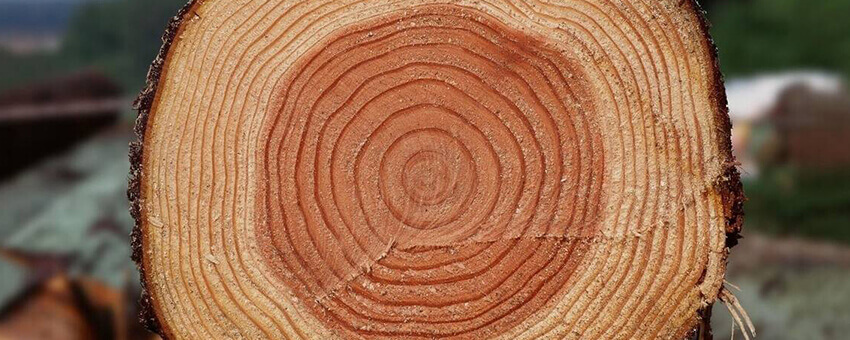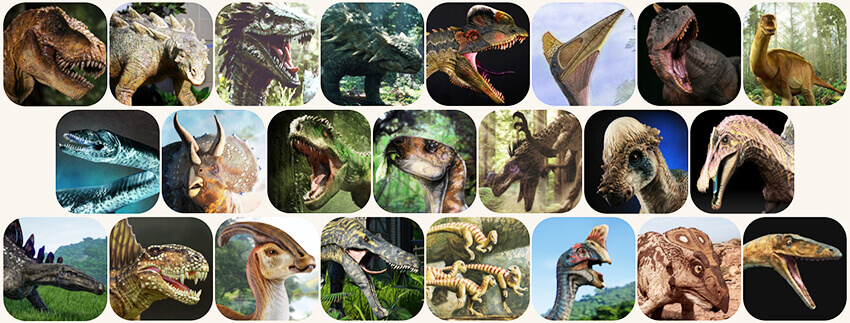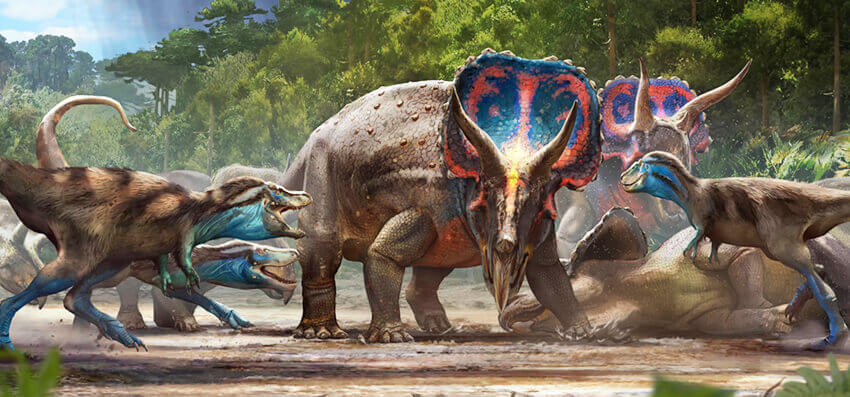Dinosaurs are one of the most fascinating species in the history of biological evolution on Earth. We are all too familiar with dinosaurs. What did dinosaurs look like, what did dinosaurs eat, how did dinosaurs hunt, what kind of environment did dinosaurs live in, and even why dinosaurs became extinct… Even ordinary people can explain similar questions about dinosaurs in a clear and logical way. We already know so much about dinosaurs, but there is one question that many people may not understand or even think about: How long did dinosaurs live?

Paleontologists once believed that the reason why dinosaurs grew so huge was because they lived for an average of 100 to 300 years. Moreover, like crocodiles, dinosaurs were non-limited growth animals, growing slowly and continuously throughout their lives. But now we know that this is not the case. Most dinosaurs grew very quickly and died at a young age.
· How to judge the lifespan of dinosaurs?
Generally speaking, larger dinosaurs lived longer. The lifespan of dinosaurs was determined by studying fossils. By cutting the fossilized bones of dinosaurs and counting the growth lines, scientists can judge the age of the dinosaur and then predict the lifespan of the dinosaur. We all know that the age of a tree can be determined by looking at its growth rings. Similar to trees, dinosaur bones also form “growth rings” every year. Every year a tree grows, its trunk will grow in a circle, which is called an annual ring. The same is true for dinosaur bones. Scientists can determine the age of dinosaurs by studying the “annual rings” of dinosaur bone fossils.

Through this method, paleontologists estimate that the lifespan of the small dinosaur Velociraptor was only about 10 years; that of Triceratops was about 20 years; and that the dinosaur overlord, Tyrannosaurus rex, took 20 years to reach adulthood and usually died between the ages of 27 and 33. Carcharodontosaurus has a lifespan of between 39 and 53 years; large herbivorous long-necked dinosaurs, such as Brontosaurus and Diplodocus, take 30 to 40 years to reach adulthood, so they can live to be about 70 to 100 years old.
The lifespan of dinosaurs seems to be very different from our imagination. How could such extraordinary dinosaurs have such ordinary lifespans? Some friends may ask, what factors affect the lifespan of dinosaurs? What caused dinosaurs to live only a few decades?

· Why didn’t dinosaurs live very long?
The first factor that affects the lifespan of dinosaurs is metabolism. In general, endotherms with higher metabolisms live shorter lives than ectotherms with lower metabolisms. Seeing this, friends may say that dinosaurs are reptiles, and reptiles should be cold-blooded animals with longer lifespans. In fact, scientists have found that most dinosaurs are warm-blooded animals, so higher metabolism levels reduced the lifespan of dinosaurs.
Secondly, the environment also had a fatal impact on the lifespan of dinosaurs. In the era when dinosaurs lived, although the environment was suitable for dinosaurs to live, it was still harsh compared to the earth today: the oxygen content in the atmosphere, the sulfur oxide content in the atmosphere and water, and the amount of radiation from the universe were all different from today. Such a harsh environment, coupled with cruel hunting and competition among dinosaurs, caused many dinosaurs to die within a short period of time.

All in all, the lifespan of dinosaurs is not as long as everyone thinks. How did such an ordinary lifespan allow dinosaurs to become the overlords of the Mesozoic Era, dominating the earth for about 140 million years? This requires further research by paleontologists.
Kawah Dinosaur Official Website: www.kawahdinosaur.com
Post time: Nov-23-2023

